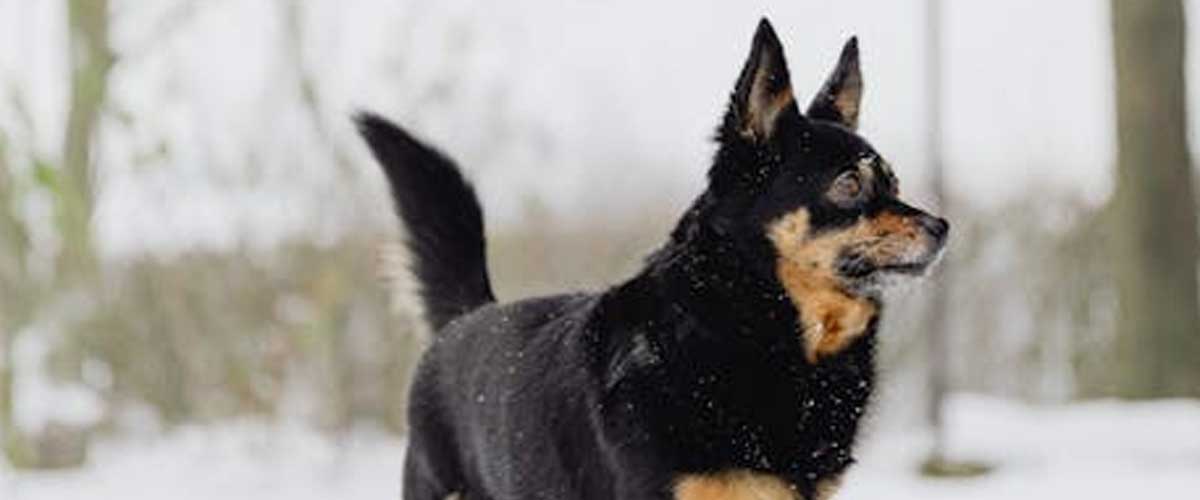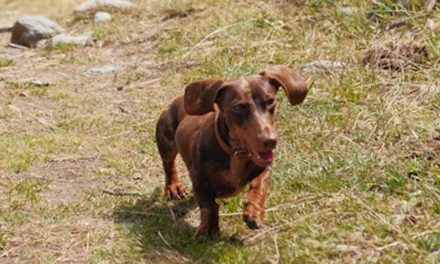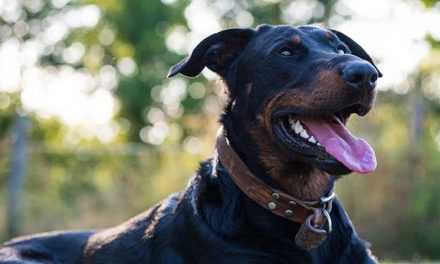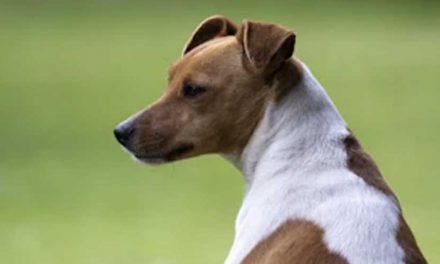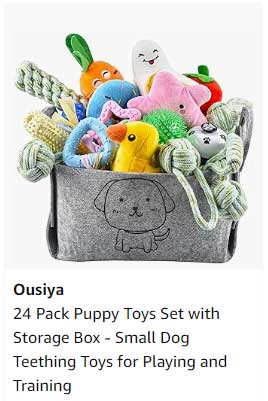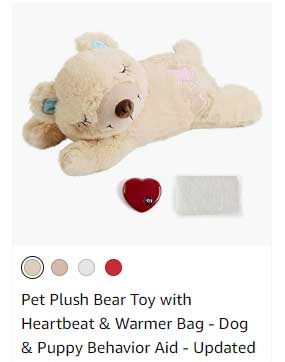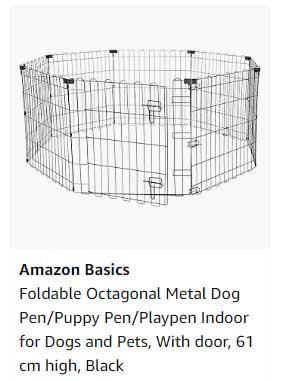The Lancashire Heeler is a delightful small to medium-sized dog that hails from the northwest region of England.
This breed, which has its roots in the 19th century, was originally developed for herding sheep and cattle, showcasing its versatility and intelligence.
Over the years, the Lancashire Heeler has gained a reputation as a beloved family companion, thanks to its affectionate nature and engaging personality.
Origin and History
The Lancashire Heeler’s lineage is thought to be a mix of the Welsh Corgi and the Manchester Terrier, combining the herding instincts of the former with the tenacity and alertness of the latter.
Historically, these dogs were vital to the working farms of Lancashire, helping to herd livestock and keep the farmyard in order.
While the breed faced decline due to the mechanization of farming in the mid-20th century, dedicated breeders and enthusiasts worked to preserve the lineage.
As a result, the Lancashire Heeler was officially recognized by the United Kennel Club in 1984 and later by The Kennel Club in the UK.
Physical Characteristics
The Lancashire Heeler is a compact and sturdy dog, typically weighing between 8 to 13 pounds.
They are about 10 to 12 inches tall at the shoulder, making them a great size for both urban and rural living.
Their short, smooth coat is predominantly black and tan, although some may have a chocolate color with tan markings.
The breed’s expressive eyes and alert ears give them a vigilant appearance.
Temperament
What makes the Lancashire Heeler truly endearing is its lively and cheerful disposition.
These dogs are known for their intelligence and eagerness to please, which makes them relatively easy to train.
They are generally good-natured, friendly, and affectionate, often forming close bonds with their families.
However, their herding background means they can have a strong instinct to chase smaller animals, so socialization and training are essential.
Exercise and Care
Lancashire Heelers are energetic dogs that require regular exercise to stay happy and healthy.
Daily walks, play sessions, and mental stimulation through training or puzzle toys are vital.
They adapt well to different living environments but thrive in homes where they receive regular interaction and engagement.
Grooming needs are minimal due to their short coat.
A weekly brushing can help keep their coat healthy and reduce shedding.
Regular dental check-ups and nail trims are also important for their overall health.
Health Considerations
Overall, the Lancashire Heeler is a robust breed, but like all dogs, they can be prone to certain health issues.
Potential concerns include eye problems and hip dysplasia.
Regular veterinary check-ups and a healthy diet can help mitigate these risks and ensure a long, happy life for your Heeler.
Conclusion
The Lancashire Heeler is a charming and versatile breed that makes a wonderful addition to any family.
With their playful spirit, intelligence, and loyal nature, they thrive in a loving home where they can be an active and engaging part of family life.
Whether you’re looking for a herding companion, a playful pet, or a new best friend, the Lancashire Heeler consistently rises to the occasion, winning hearts wherever they go.

